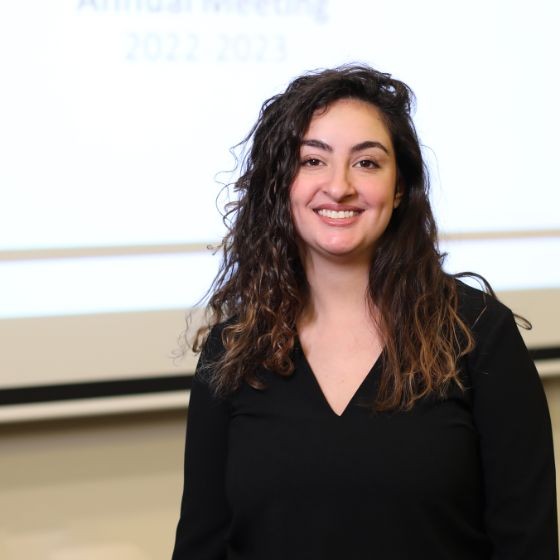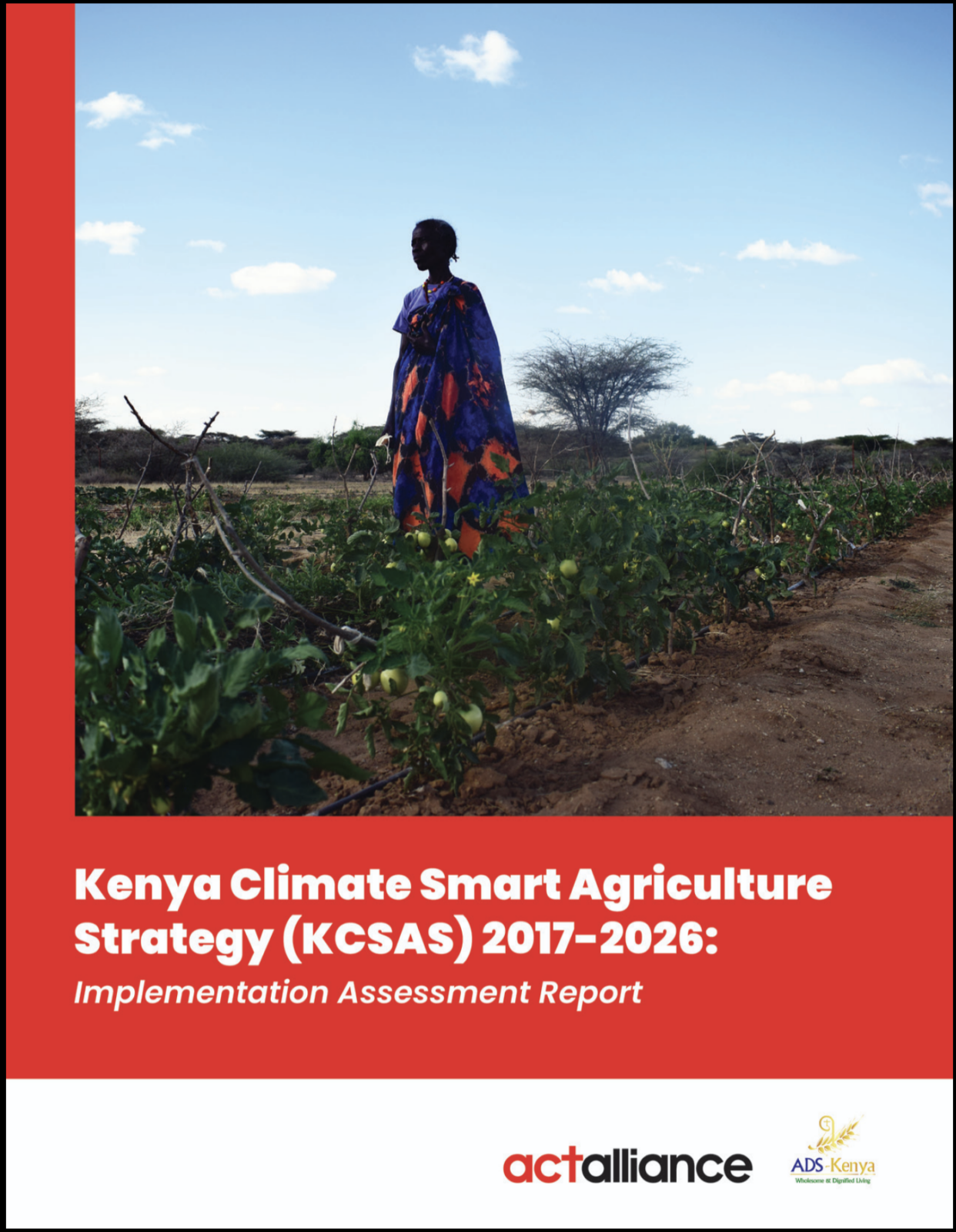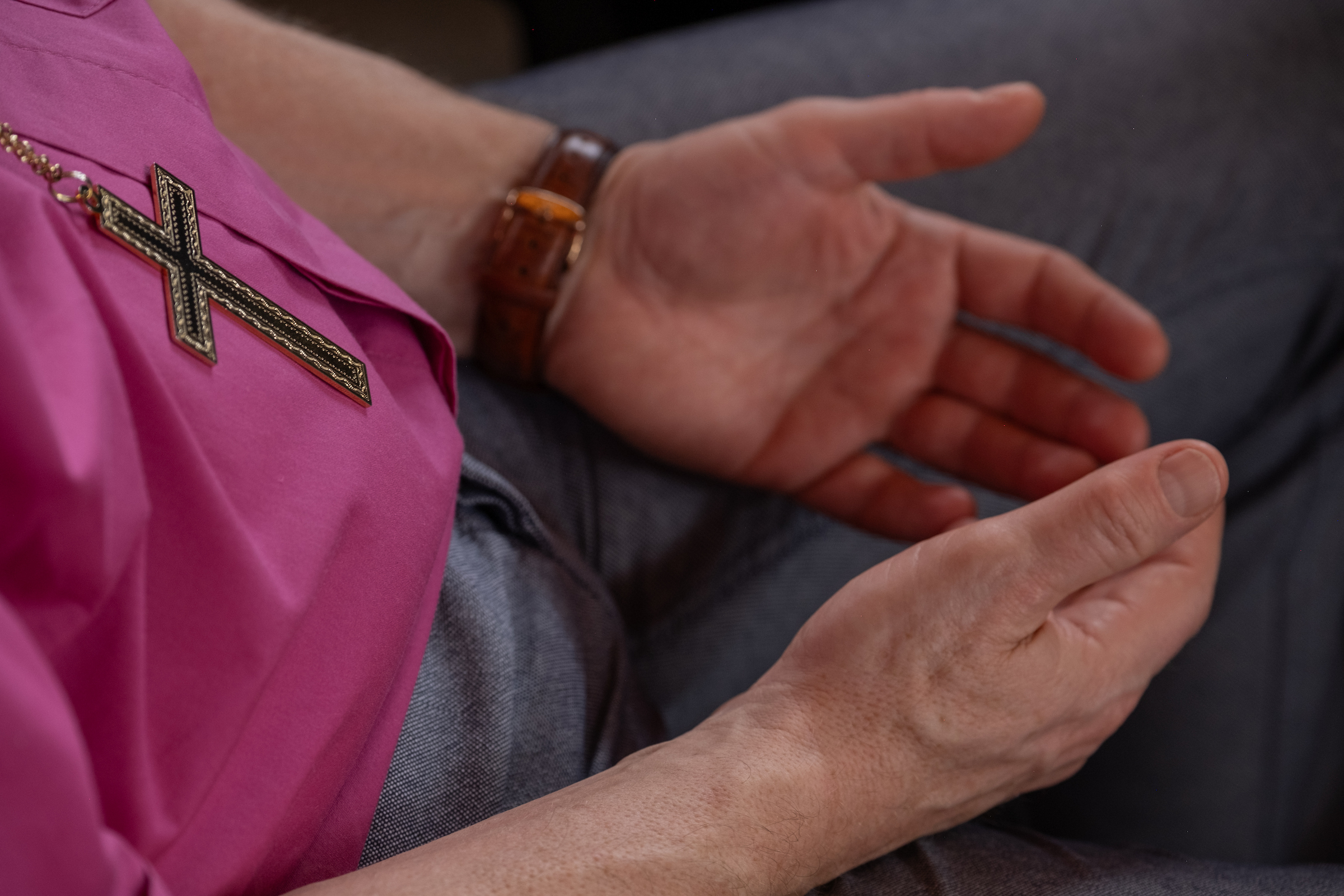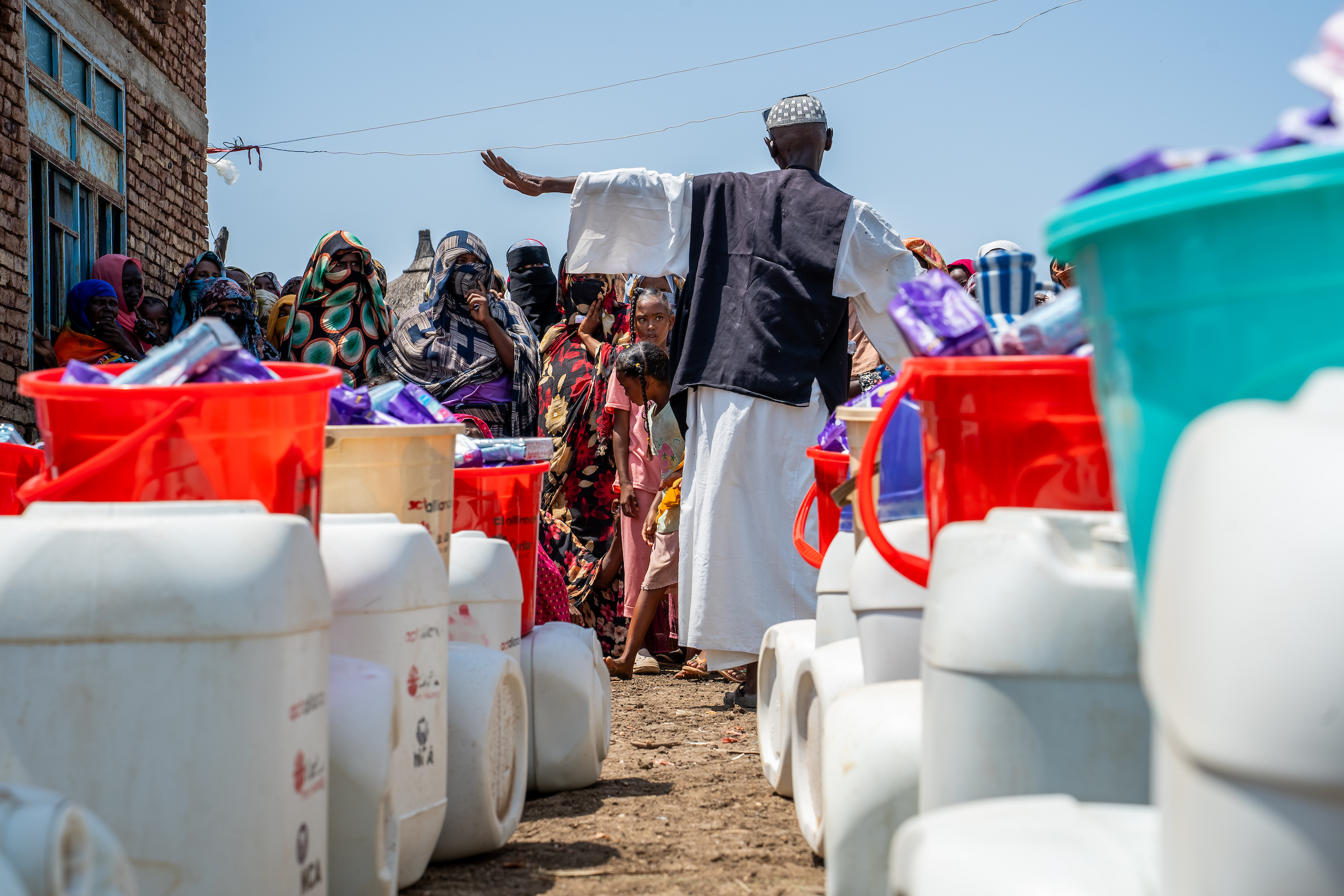The thematic day of the ACT Alliance General Assembly focused on the theme “Together for Justice: towards solidarity, equity and inclusion.” Ms. Emele Duituturaga, who moderated the day, began by posing the question “Are trust and solidarity on their way out?”
To answer this question, she invited Norimasa Shimomura, the Resident Representative of UNDP in Indonesia, and Alissa Qotrunnada Munawaroh Wahid, Director of the Gusdurian Network Indonesia (GNI) to speak and then enter into a dialogue.
Shimomura explored the importance of multilateral and multi stakeholder cooperation in reinforcing trust and solidarity in a time marked by polarization, crises and growing uncertainties. “It is only through working together that we can address these complex challenges- intergenerational and interfaith dialogues play important roles as they can help bridge the differences and help promote mutual understanding.”
Wahid discussed the challenges that can face religious actors when religious sentiments are used to bring a “hate spin” to issues in order to foster political contention. Religious exclusivism and religious majoritarianism are both examples of how religion can be used to polarize. But changing paradigms can help to change thinking and to improve systems. “If we don’t change the paradigms of the actors in the system, then the change in policy will not translate into a sustainable change in the organization,” she said.
“I am trained that Hope is not a strategy. We need hope, but it has to be hope in action. Just hoping is important, but it is not enough. It has to be turned into action, towards a better and more just life for everyone.”Alissa Qotrunnada Munawaroh Wahid Director of the Gusdurian Network Indonesia (GNI)
Faith groups are key actors for a number of reasons. “We have religious leaders and communities working at the grassroot levels in places where states would not be present, faith-based organisations are,” said Wahid. “We have close connections between faith leaders and their congregations. We have connections from the religious leaders to the policy makers. Those are the strengths of FBOs and it has to be capitalized on to build a better world for us in a globalized world, all the way to the grassroots level.”
But she stressed the need for concrete action, beyond just words. “I am trained that Hope is not a strategy. We need hope, but it has to be hope in action. Just hoping is important, but it is not enough. It has to be turned into action, towards a better and more just life for everyone.”
Shimomura agreed on the importance of faith based organizations. “FBOs can play a significant role in promoting justice, trust, solidarity, and also effectively counter polarization. Because you can reach the unreachable, and be there with the people, provide the support they need.”
He also highlighted that “Religious actors can mobilize lots of volunteers who are skilled and highly motivated,” as volunteerism is part of their calling.
Civil society organisations, including FBOs, “play a very important role in overcoming divisiveness, advocating for the marginalized, and promoting dialogue among different actors in society,” Shimomura stated. “[They] require support in creating enabling environments, so they can be effective in countering polarization and advocating for justice and solidarity.”
Are trust and solidarity on the way out? Not if faith actors live up to their potential from the grassroots to the global levels. The challenge is before us. ACT Alliance can be part of the solution!




